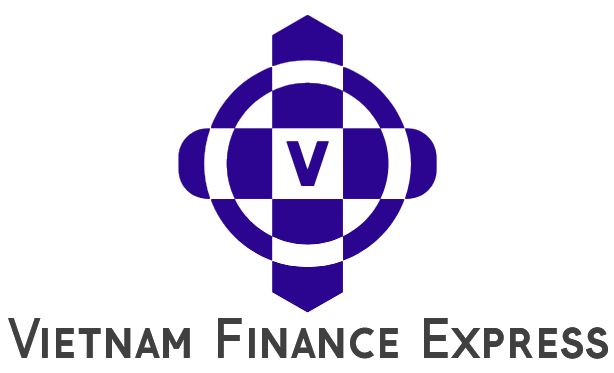Trump Family’s Cryptocurrency Venture: Navigating Ethics and Innovation in the Digital Asset Revolution


The Trump family’s cryptocurrency venture, World Liberty Financial, has rapidly become a focal point of debate around ethics and financial innovation. Launched during Donald Trump’s 2024 presidential campaign, the project took a bold step this week as trading of its digital token, WLFI, opened to the public. Within the first hour, transactions exceeded $1 billion, and despite initial volatility, the Trump family’s stake—amounting to 22.5 billion tokens—holds a paper value near $5 billion, rivalling their well-known real estate assets.
This sudden windfall has reignited concerns about conflicts of interest. As president, Trump shifted from his previous skepticism to become an outspoken advocate for cryptocurrency, emphasizing deregulation and proposing to make the U.S. a global leader in digital assets. Critics, including watchdog groups and several lawmakers, worry that such influence could give the Trump family an unfair advantage or shape policies to benefit their holdings.
Past presidents also managed private business ties while in office, but many eventually relied on blind trusts to reduce ethical concerns. The rapid rise and public visibility of the Trump family’s crypto activities, however, mark a new chapter in debates over the intersection of personal wealth and public power.
Supporters see the move as overdue recognition of the importance of digital innovation for the U.S. economy. They argue that having leaders experienced in emerging technologies could position the country at the forefront of the next financial revolution. As trading continues, all eyes are on how the administration navigates the balance between encouraging innovation and maintaining ethical boundaries.

Leave a Comment